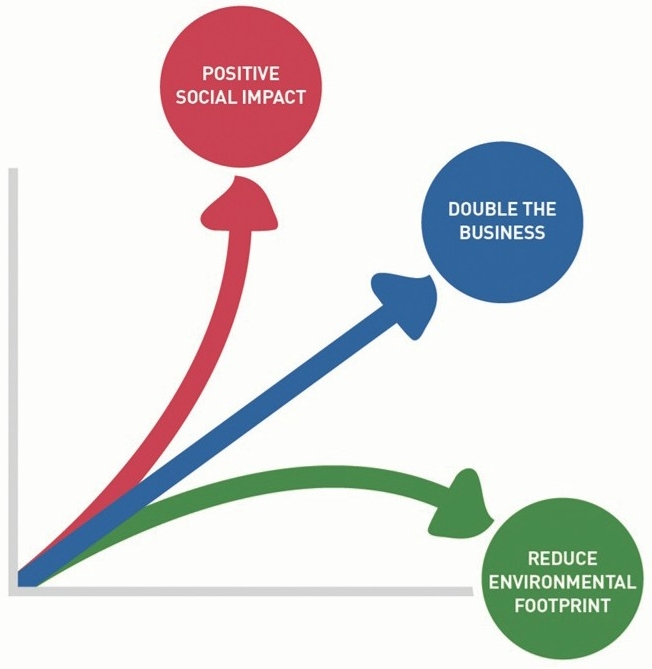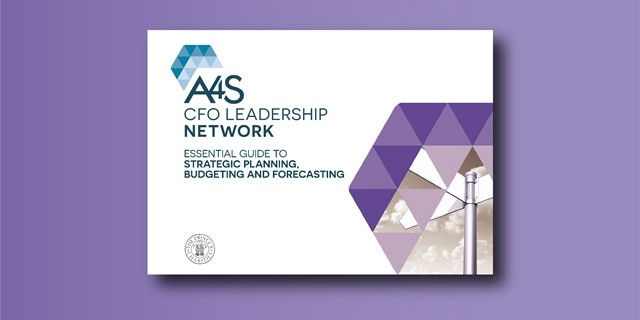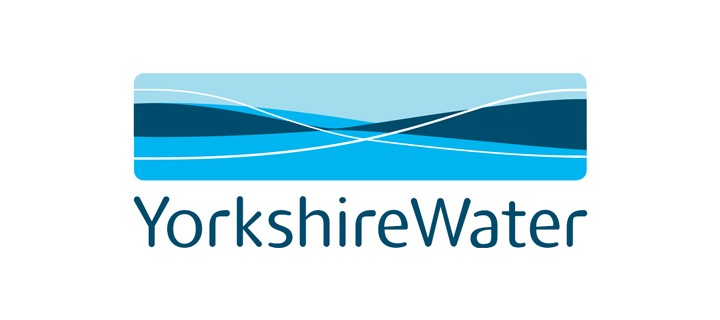Unilever: Strategic Planning, Budgeting and Forecasting
BUSINESS GOALS THAT WILL ENHANCE LONG-TERM STAKEHOLDER VALUE
WHAT?
In 2012 we set our four strategic goals to be:
• Grow the Business: By 2020 our goal is to double sales by the business compared to 2010
• Improve Health and Wellbeing: By 2020 we will help more than a billion people take action to improve their health and wellbeing
• Reduce Environmental Impact: By 2030 our goal is to halve the environmental footprint from making and using of our products as we grow our business
• Enhance Livelihoods: By 2020 we will enhance the livelihoods of millions of people as we grow our business
HOW?
Defining our purpose and our vision were key to setting our strategic goals. We believe profitable growth should also be responsible growth. That approach lies at the heart of the development of our strategic goals.
In developing our goals there were a number of priorities that were important to us:
• Customer and consumer trust
• A strong business for shareholders
• A better, healthier and more confident future for children
• A better future for the planet
• A better future for farming and farmers
We developed our goals as a path towards achieving our vision, incorporating these priorities through a process of actively engaging with governments, intergovernmental organizations, regulators, customers, suppliers, investors, civil society organizations, academics and our consumers. The detail on how we intend to deliver our goals is captured in the Unilever Sustainable Living Plan. It guides our approach to how we do business and how we meet the growing consumer demand for brands that act responsibly in a world of finite resources. Our Plan is distinctive in three ways:
1. It spans our entire portfolio of brands and all countries in which we sell our products.
2. It has a social and economic dimension: our products make a difference to health and wellbeing and our business supports the livelihoods of many people.
3. When it comes to the environment, we work across the whole value chain, from the sourcing of raw materials, to our factories and the way consumers use our products.
WHY?
At Unilever, we have a simple but clear purpose – to make sustainable living commonplace. We believe this is the best long term way for our business to grow. Our purpose and operating expertise will help us to realize our vision of accelerating growth, reducing our environmental footprint and increasing our positive social impact. We recognize this is ambitious, but it is consistent with changing consumer attitudes and expectations. Our unswerving commitment to sustainable living is increasingly delivering:
• more trust from customers; and
• a strong business for shareholders, with lower risks and consistent, competitive and profitable long term growth.






